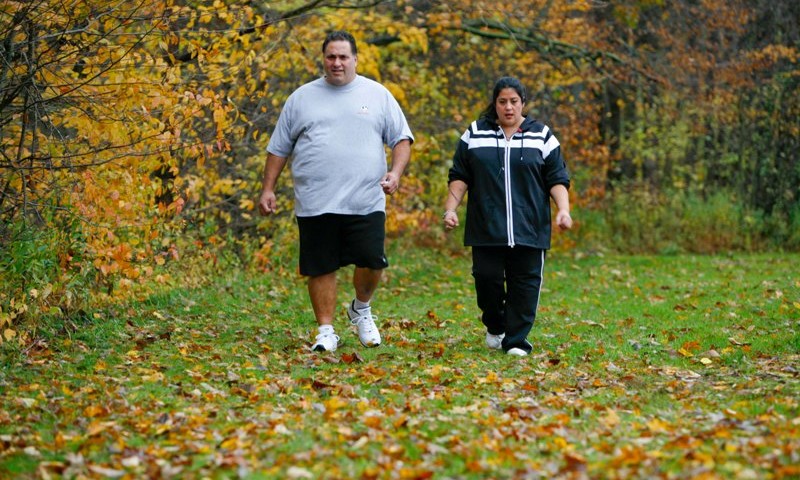Physical exercise is a tool used in many rehabilitation centers to aid the body in the recovery process. Whether you’re trying to recover from physical injury or mental trauma – such as addiction or other mental illness – exercise can be a powerful way to heal.
Physical Recovery and Exercise
Although it might seem counterproductive to engage in exercise after physical injury, the body requires a detoxification process in its first stages of recovery. At this time, exercise might seem uncomfortable, so it’s important to practice low-impact exercises that are easy on the body but still reap the benefits of physical activity.
The body’s natural reaction to exercise can help with pain management and healing in a variety of ways:
- Releases endorphins to promote a positive mood and aid with pain management
- Releases harmful toxins through sweat and increased circulation
- Stimulates vital organs to improve function
- Promotes improved sleep
Mental Recovery and Exercise
Equally as important as physical recovery is mental recovery and rehabilitation. The brain is the most complex organ in the body, and exercise can have a significantly positive impact on our mood and overall outlook on life in the following ways:
- Releases the same endorphins mentioned above that promotes a positive mood
- Boosts confidence through feelings of productivity and “taking steps forward”
- Promotes a healthier, more positive body image
- Alleviates stress, depression and anxiety
- Increases energy – both physical and mental
- Promotes sharper memory and mental function
Getting Started with Exercise for Recovery
When it comes to physical activity, you don’t have to start your exercise journey by going “all in” all at once. Your body has to adjust to increased movement, and you likely have very specific physical and mental needs to keep in consideration. Here are some tips to keep in mind:
- Consult your healthcare provider for any specific recommendations/regulations
- Engage in low-impact exercise to begin, such as swimming, walking or cycling
- Start with a moderate amount of exercise per day/week
- When you start to feel pain or strain, stop exercise to re-assess the problem
- Stay hydrated and wear appropriate clothing at all times
Your body is a power house, and you rely on your physical and mental stamina to help you in your daily life. When you hit physical or mental road blocks, it can be hard to figure out ways to progress and move past them.
Exercise, on the other hand, is a powerful tool to aid in recovery if utilized correctly. Remember to consult with your healthcare provider before beginning any kind of exercise program, and go at your own pace along the way.






